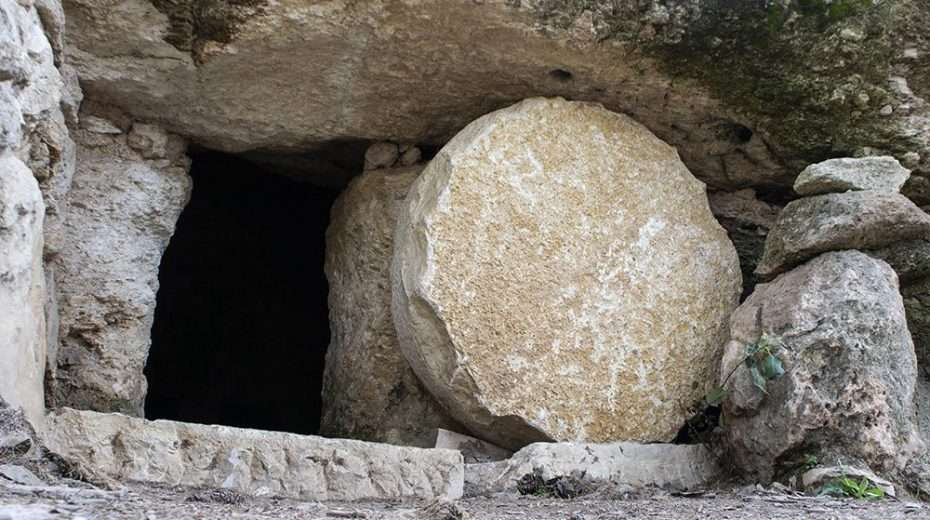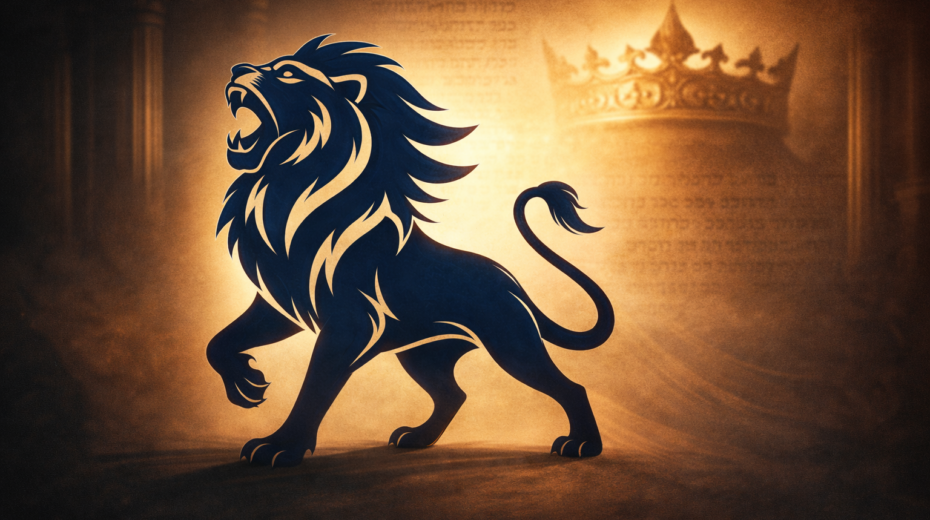It seems the ‘Christian’ West is particularly out of sync with Israel this year, with Easter and Passover separated by several weeks – they are usually much closer together despite following different calendars.
And it comes against the background of rising pressure from supposedly friendly nations to reward terrorism by imposing a ‘two-state solution’ to the ongoing conflict.
But, of course, the two festivals should never have been separated in the first place. It was a most unfortunate antisemitic move by the Church Fathers to distance Christianity from her Jewish roots. And many have been trying ever since to repair the considerable damage caused.
After all, the so-called Last Supper was really the Passover meal enjoyed together by Jesus and his disciples on the eve of his crucifixion. Passover is mentioned five times in the passage titled The Last Supper by Bible translators.
Its significance is monumental as our Lord was about to be sacrificed as the Passover Lamb foreshadowed in Egypt 1,500 years earlier when the blood of a spotless sacrificial lamb was daubed on the lintels and doorframes of Jewish homes as a sign of their trust in the God of Israel.
The innocent Messiah was nailed to a Roman cross, and his blood was shed for the sins of the whole world so that “all who believe in him shall not perish but have everlasting life” (John 3:16).
Whoever now wants his sins overlooked is required (metaphorically-speaking) to daub Yeshua’s blood on the door of his own heart as a sign of trust in him.
This is why Christians regularly celebrate communion, acknowledging the saving power of the blood and body of Christ through emblems of bread and wine.
But there is much misunderstanding, even in the ‘Christian’ world, of what this means. The blood of Jesus saves us from sin, not because we have ‘earned’ it by our good deeds, but entirely through Christ’s sacrifice.
As the angel of death ‘passed over’ all the Israelites who painted their doors with the blood of a lamb, so it is with the blood of Jesus. All who trust in him have ‘passed over’ from death to life, from slavery to freedom.
And this included one of the two ‘rebels’ crucified on either side of Jesus.
According to Luke’s gospel account, one of them rebuked the other for hurling insults at Christ. “Don’t you fear God,” he said, “since we are under the same sentence? We are punished justly, for we are getting what our deeds deserve. But this man has done nothing wrong.”
Then he said: “Jesus, remember me when you come into your kingdom.”
And do you know what Jesus replied, as he hung there in abject agony? “Truly I tell you, today you will be with me in paradise.” (Luke 23:39-43)
This criminal was perhaps nearer the actual living, spilt, blood of Jesus than anyone had ever been. But he trusted the Saviour, even though he had clearly committed a serious crime. Might this not equally apply to members of Hamas today, or the perpetrators of the massacre in Moscow, when they recognise their guilt, and their need of a Saviour?
And please notice the promise given: “Today!” Redemption is immediately assured on recognition of trust in God’s atoning sacrifice. There is no exam to pass or course to complete. As the hymn-writer Augustus Toplady put it, “Nothing in my hand I bring, Simply to the cross I cling.”
Easter has historically been both a happy and sad time for me personally. I got married to my late wife Irene on April 6th and she sadly died 15 years later on April 5th. But crucifixion is soon followed by resurrection.
I conclude with the powerful testimonies of two people I have interviewed – a Jew and a Gentile – who were both convinced by the empty tomb.
My Jewish friend, Richard Harvey, was open to the gospel, but ‘couldn’t get his head around’ the resurrection. Then he was given a vision of the ‘empty tomb’ and he has never looked back.
Major-General Tim Cross, a retired British army officer, spent a weekend in Jerusalem while stationed in Cyprus many years ago. He visited the garden where Jesus may well have been buried and became convinced of the reality of his resurrection as soon as he looked inside the empty tomb cut into the rocks.
Jesus is risen indeed!
Charles Gardner is author of Israel the Chosen, available from Amazon; Peace in Jerusalem, available from olivepresspublisher.com; To the Jew First, A Nation Reborn, and King of the Jews, all available from Christian Publications International.















As always Charles is very gracious. Let’s look at Passover from an antisemitic Christian viewpoint. As early as 100 AD Ignatius associated Passover with Christ-killing. In 165 Justin Martyr claimed the church had replaced Israel. By 254 Origen argued against Jewish salvation. The Edict of Milan 313 favoured the church and closed the synagogue. In 321 AD replacement theology was officially enacted into Roman law. The Council of Nicea 325 AD changed Feast of First Fruits to Easter to disassociate the resurrection from Jews. Church theology still teaches these errors. The pagan feasts of Sun-worship replaced Passover. Christmas proceeds from the winter solstice. The name Easter is a direct derivative of the goddess Ishtar. Christianity still has to renounce this paganism and continue its reformation to become biblical.
Looking forward to celebrating Passover from April 22nd.
Very good brief summary!
Now a question I keep having to myself: Was it replacement theology or some other factor that led the “Christian church” to honor Christ’s death on Friday, instead of Thursday.
Jesus said he would be in the grave/’tomb 3 days and 3 nights (Mt 12:4). Friday afternoon to Sunday morning doesn’t quite cut it.
As Matthew 28:1 in Greek points out, the women came to the tomb after “the sabbaths” (plural). There would be a Passover special Shabbat and right after that the weekly Shabbat. Cf. John 19:31
3 days are 72 hours although 26 hours could take you through 3 days from say 11pm Friday to 1am Sunday. I heard that 40 hours is more likely from say 3pm Friday to 7am Sunday, as the number 40 fits with the 40 year wilderness journey of Israel and the 40 day temptations of Jesus.
The Passover Lamb is slain on the 1st day usually at 3pm and the 2nd day begins at sunset. That ends at sunset the next day when the 3rd day begins. Jesus was risen by sunrise on the 3rd day.
The 14th Nisan can occur on any day of the week and the Pharisees counted that as the sabbath referred to in Leviticus 23:11 so that the feast of first fruits, Sfirat Ha Omer, the counting of the sheaf, could be observed the next day. The Sadducees disagreed and said it was the nearest weekly sabbath, so that first fruits would always occur on a Sunday.
After the temple was destroyed the Pharisees won out. Christians wrongly changed First-Fruits to Easter and separated it from Passover.
Great article, Charles:
Especially, as my wife noted, the paragraph in regard to the criminal on the cross: “And please notice the promise given: “Today!” Redemption is immediately assured on recognition of trust in God’s atoning sacrifice. There is no exam to pass or course to complete.”
So succinct yet profound!